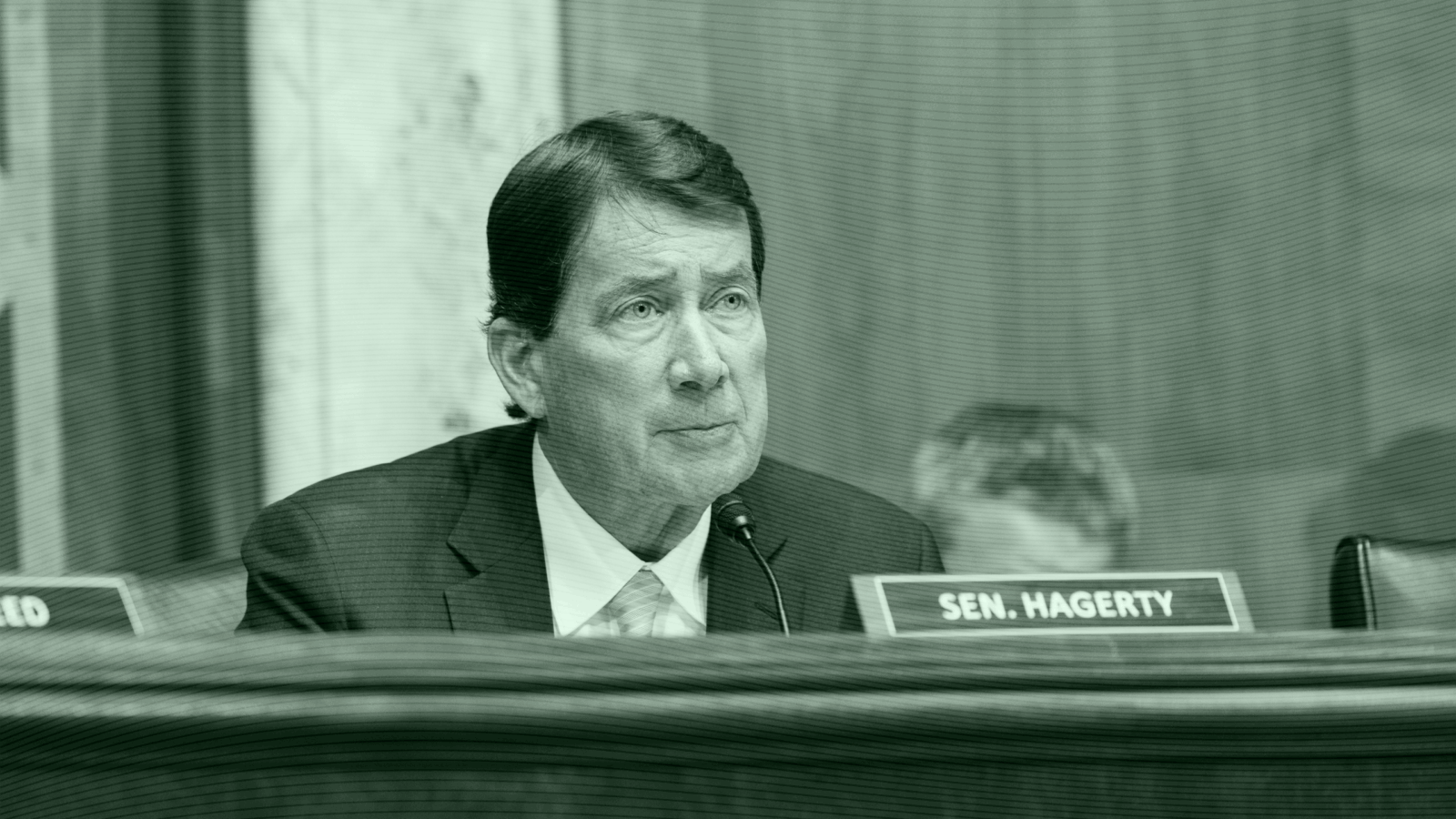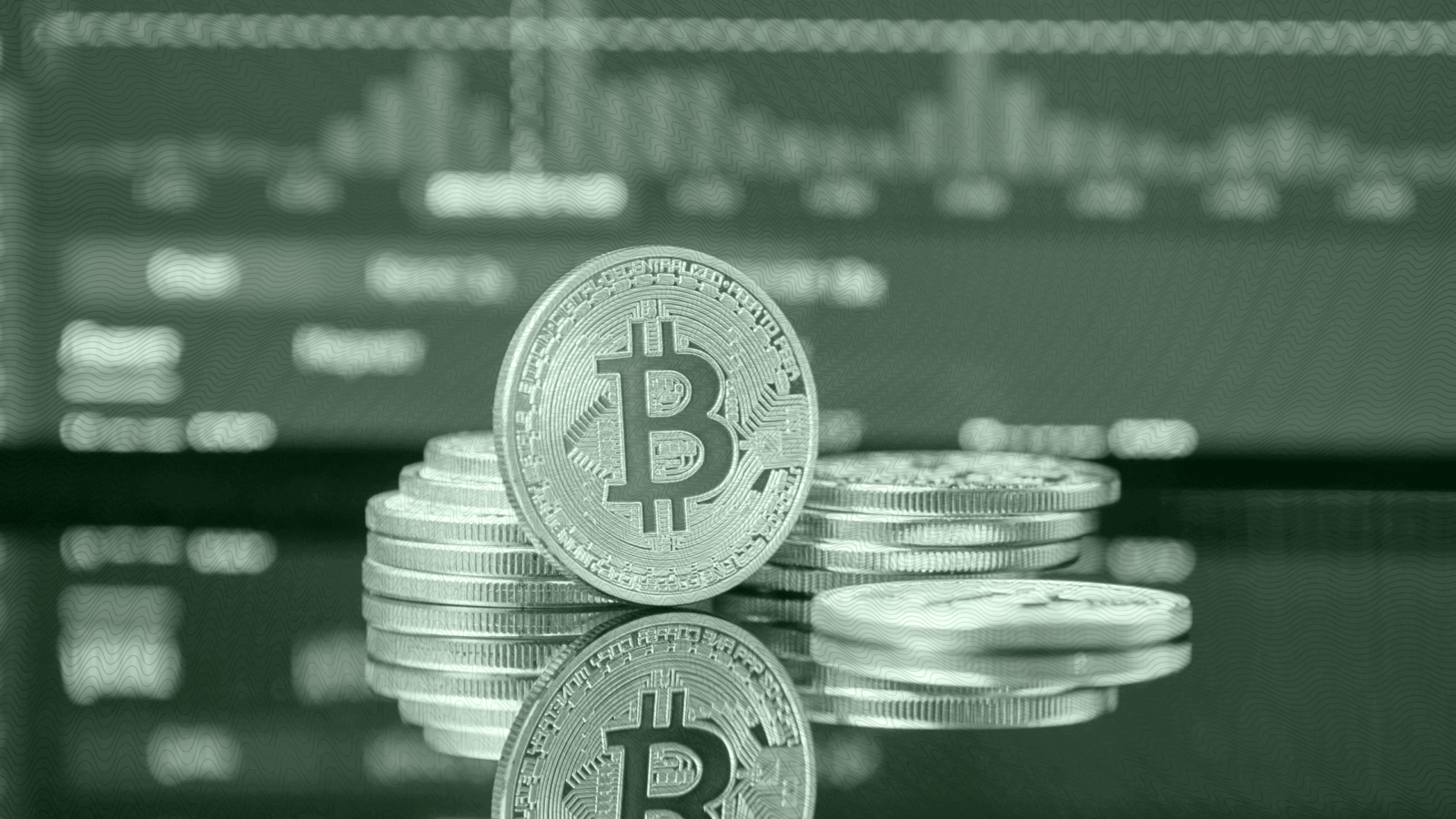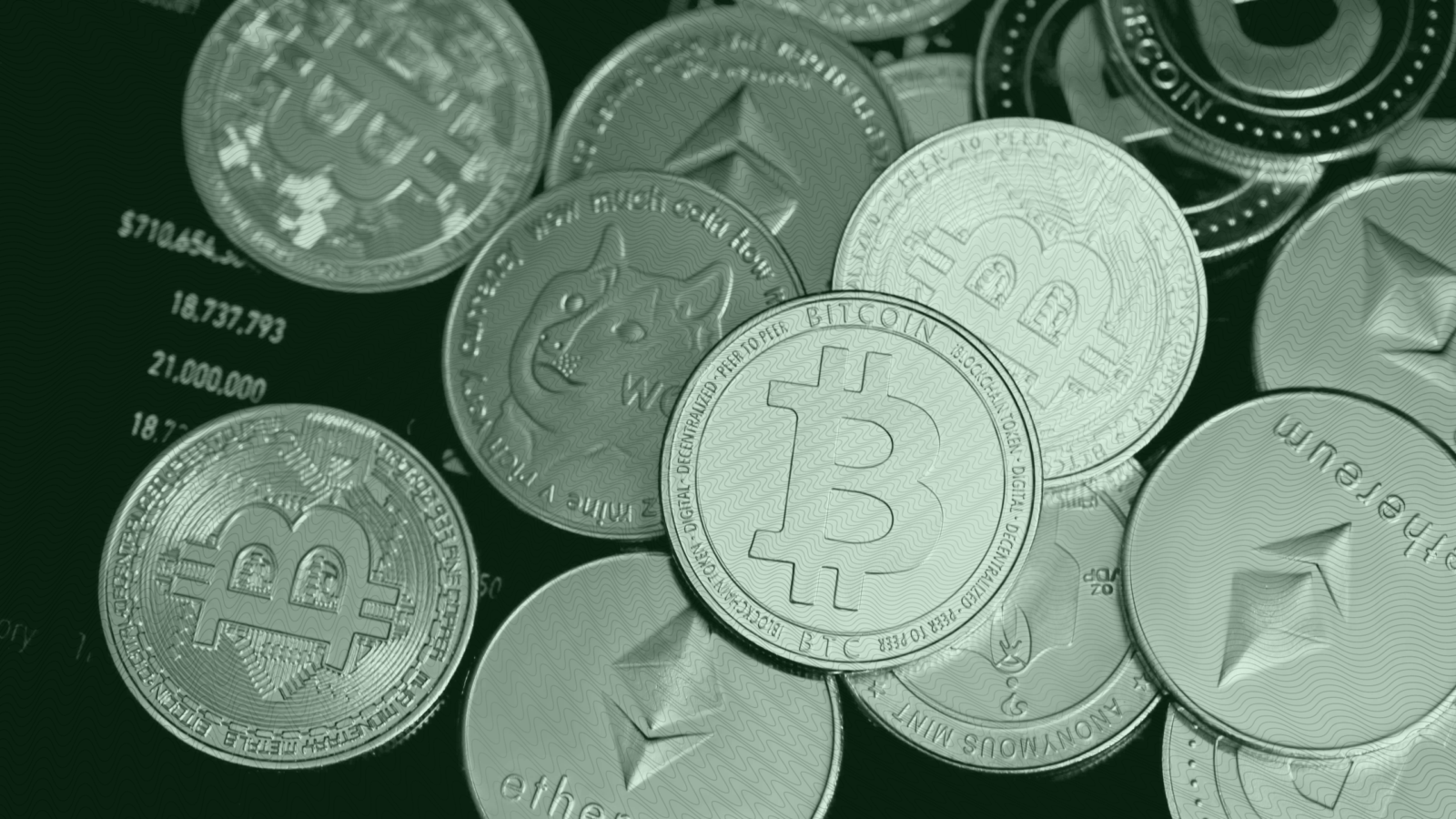Crypto’s Hot. So Are the Scams
Digital asset fraud is among the greatest threats to retail investors, according to the North American Securities Administrators Association.

Sign up for market insights, wealth management practice essentials and industry updates.
Just like the Gold Rush of the mid-1800s, cryptocurrency has a bit of a “Wild West” reputation.
Financial scams tied to crypto are now among the greatest threats to retail investors, according to a new report from the North American Securities Administrators Association that surveyed regulators in the US and Canada. The worst of the scams appear on social media apps, and other sites, that victims often open multiple times a day, the researchers found. And while 22% of advisors said they allocated client funds to digital currencies last year, much of the crypto trading is done by investors themselves, meaning clients could easily fall victim to any number of scams.
“Crypto is largely unregulated, making it a prime target,” said Daniel Milks, founder of the RIA Fiduciary Organization. He said common red flags include promises of guaranteed returns, pressure to invest quickly, and hard-to-trace transactions.
Don’t Take the Clickbait
NASAA members are now spending the most time investigating scams perpetrated on social media apps. Crypto frauds on platforms such as Facebook, X, Telegram, WhatsApp, YouTube, TikTok, and Instagram are the most common. The research found:
- Ads for illegitimate investment products incorporate seemingly professional images and videos, but the sellers are often not registered or licensed to deal in securities.
- With the rise of artificial intelligence, regulators say scammers are using the tech to create and sell bogus trading bots and carry out account takeover scams.
“If something sounds too good to be true, it probably is,” NASAA President Leslie Van Buskirk said in a statement.
What Do You Meme? Cryptocurrencies, especially meme coins, can be alluring to people looking to turn a profit. But investors don’t always have a deep understanding of how they operate, said Said Israilov, co-founder of the RIA Israilov Financial.
“Meme coin prices are often manipulated by large insiders (aka crypto whales) who coordinate pump-and-dump schemes, and retail investors are left holding the bag,” he told Advisor Upside. “We often remind our clients to stay vigilant.”











